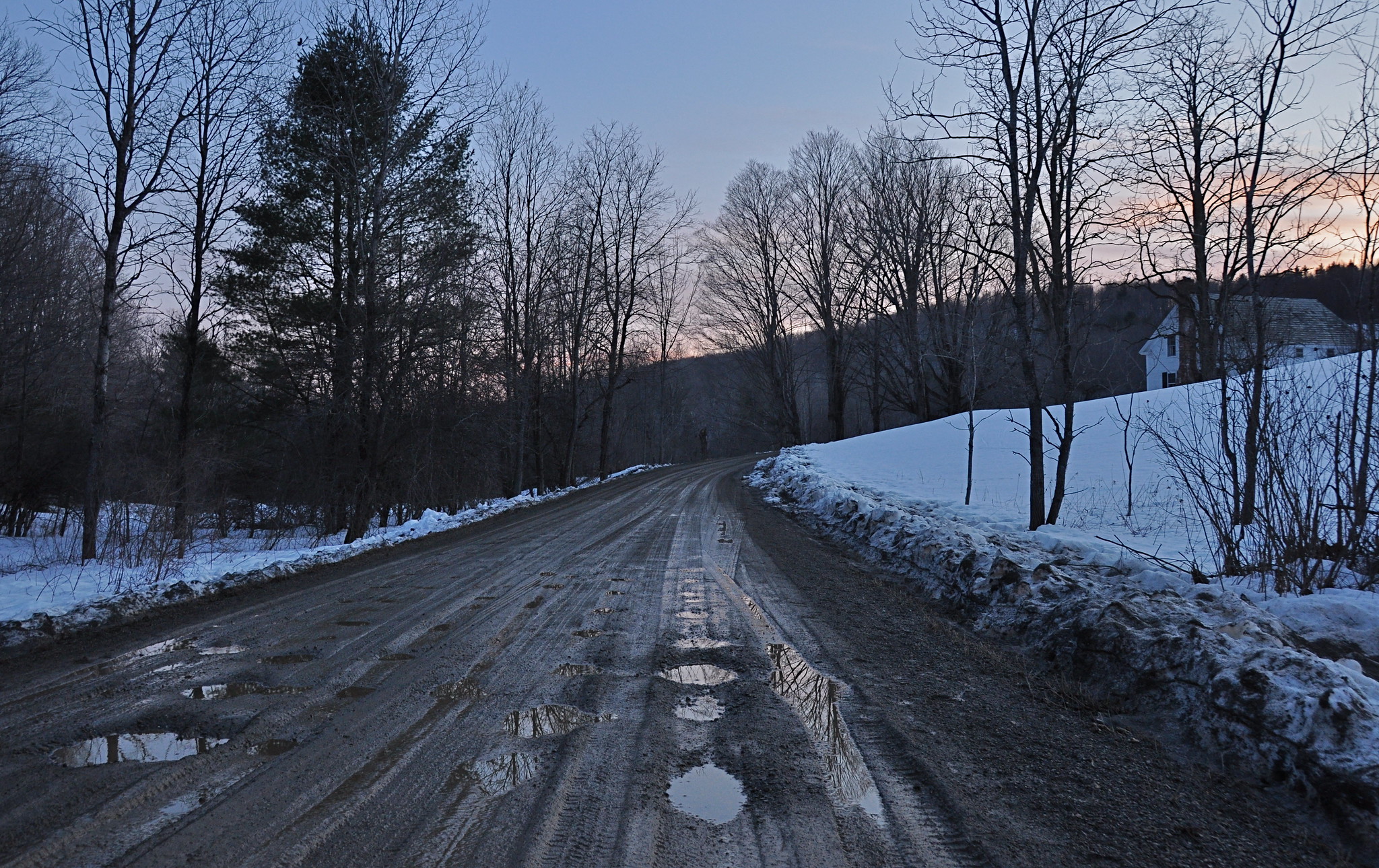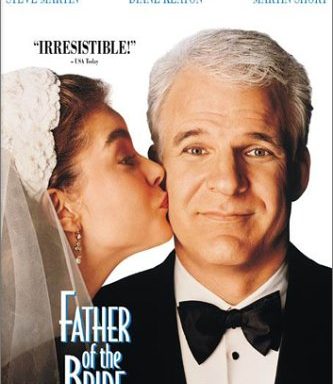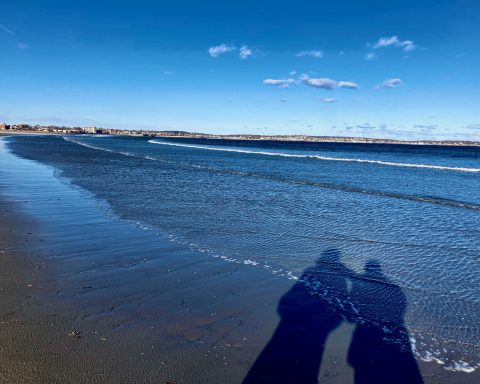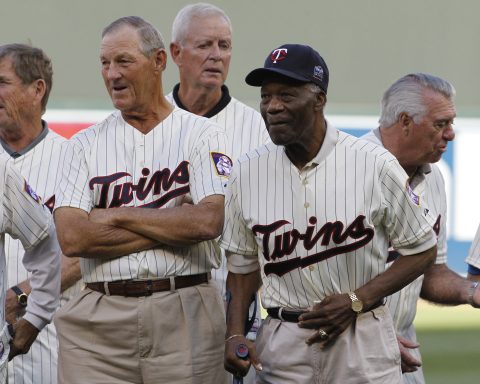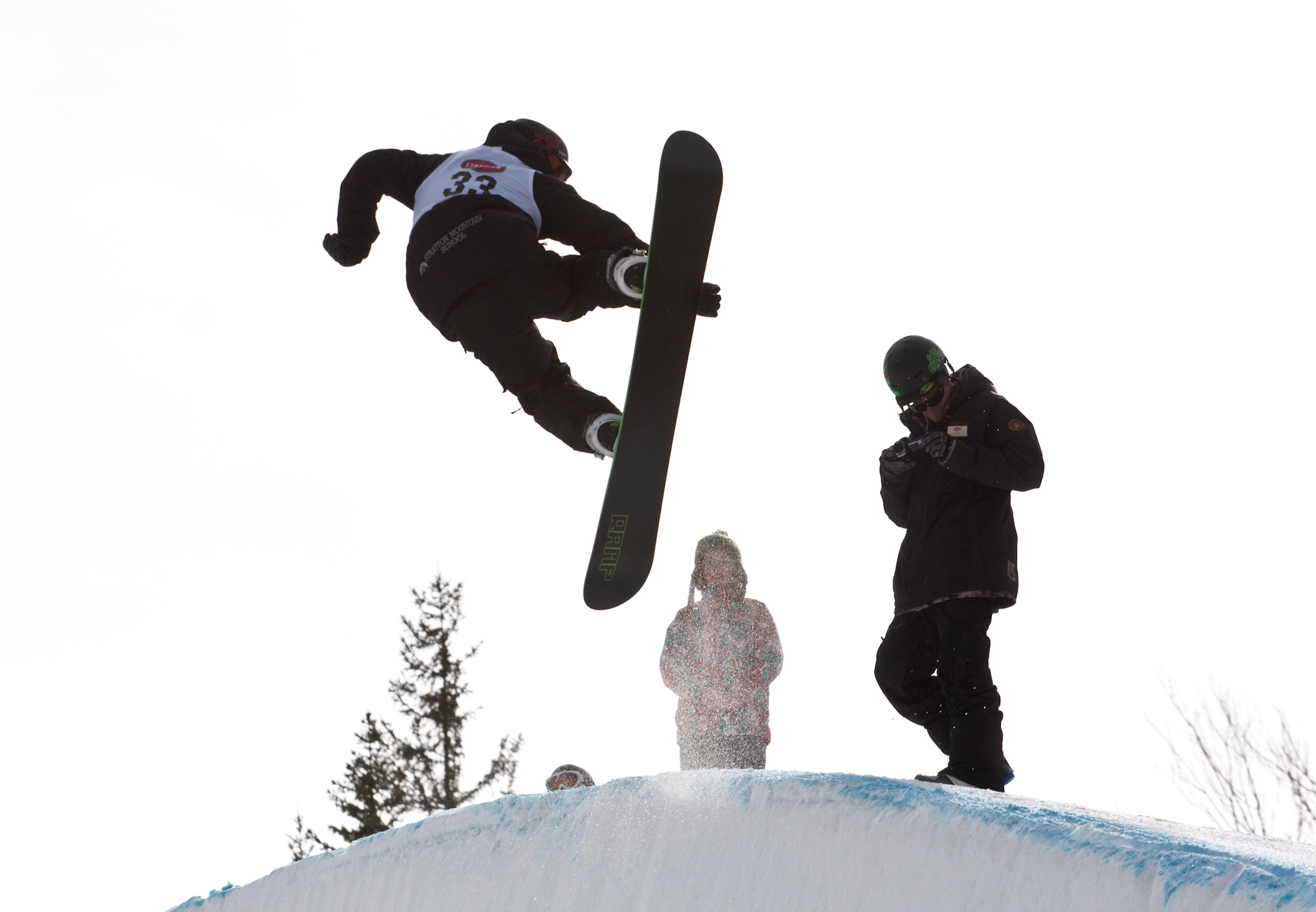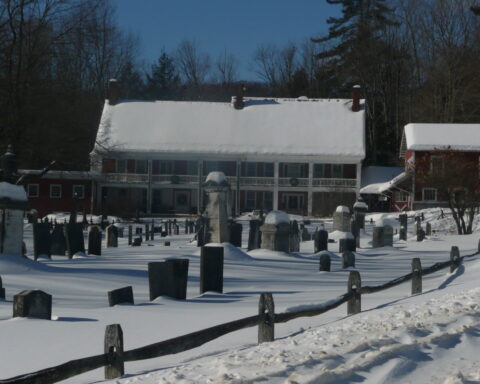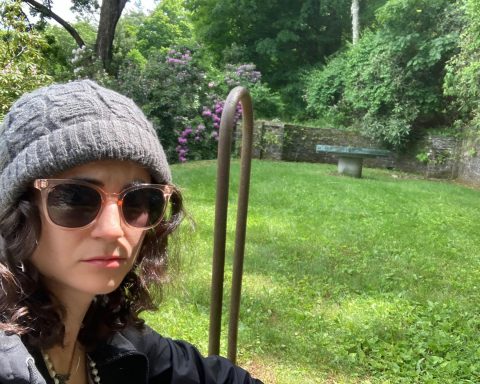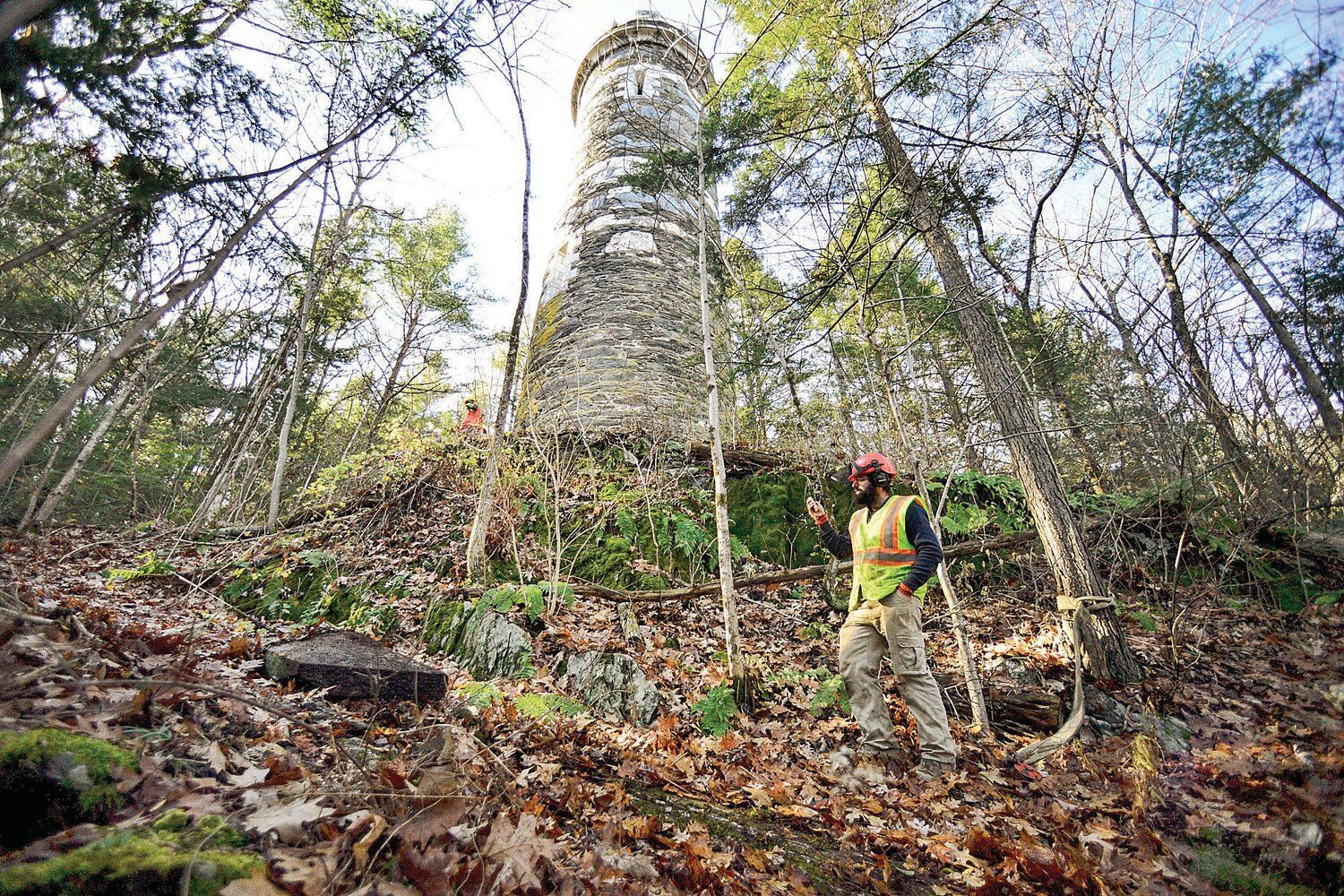Beware the ides of false spring … it can get messy and pricey
By Noah Hoffenberg
Vermont Country
More pasture than people. That’s Plainfield, Mass., a hilltown between home and work that I have driven through for years.
On Feb. 23, 2018, at 1:08 a.m., I came up with the damn-fool idea to take a shortcut home and took a quick left onto Union Street, heading north from downtown.
Union is a short dirt road that leads to the backcountry. To clarify, Union is dirt for most of the year. It can be as solid as concrete, in fact. When I was traveling it during mud season, however, it was as mushy as chocolate soft-serve.
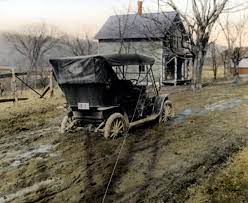
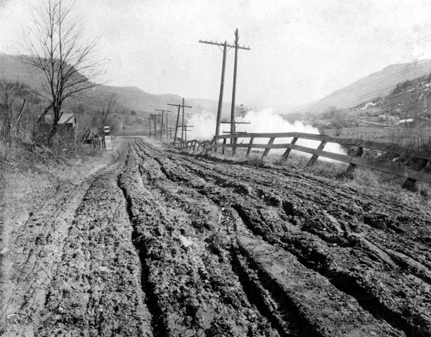
to Richmond, on March 20, 1925.
Mud season, for the uninitiated, is that brief but expensive time that falls between winter and false spring. A key indicator of mud season: Watch for the rising steam from sap sheds, as this marks when the days are warm and nights are cold, and the maple trees and earth become juicy with life once again. And, a secondary indicator: mufflers, bumpers and hub caps (even whole cars), all ripped clean off and left for dead in the mud.
On dirt roadways, mud season wreaks havoc, forming deep ruts and slippery, soupy puddles and turning the road materials — gravel, mud, dirt, water, snow, ice — into an aggregate that would make a stonemason gush.
I drove into just such a mix on Union, and my late, poor 2012 Kia Soul came to a grinding halt. “Grinding” is not metaphorical; it was the sound of gravel scraping the undercarriage. I know, because I got out and looked. My Soul had sunk up to the floorboards.
I had a muck shovel in the trunk from a recent trip to the town sand pile. Like a harpooner at the prow of a fishing boat, I tried to plunge the shovel into the roadway mud under my car. Alas, it wouldn’t penetrate the thick, moist, cold mess. Being a muck shovel, with a square head, it was next-to-useless.
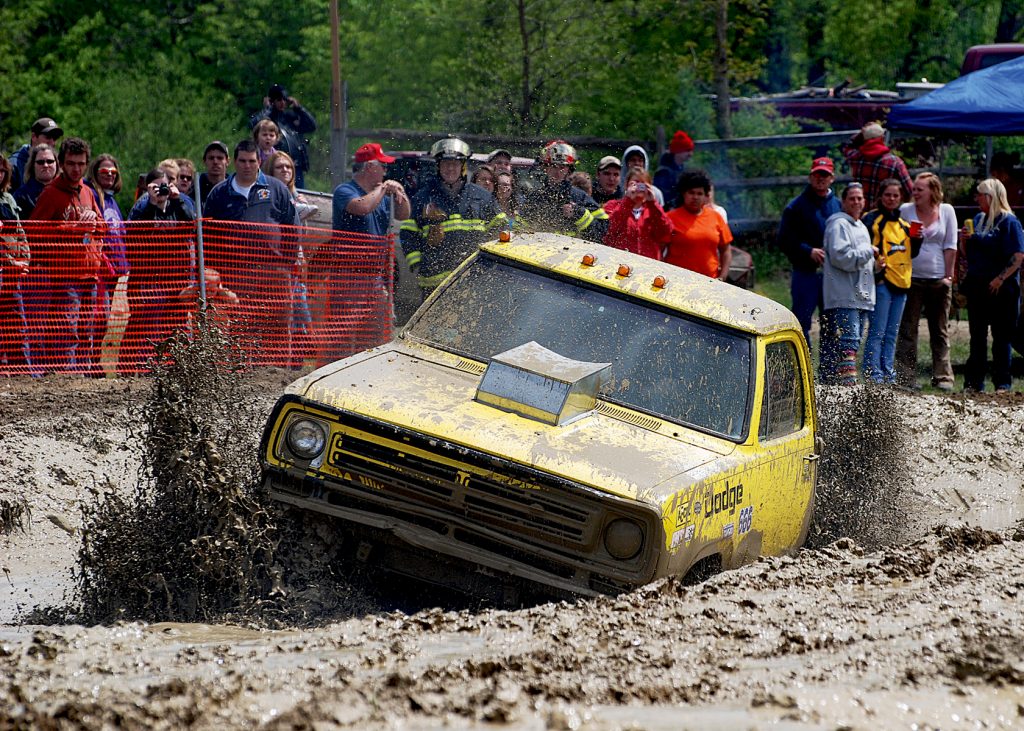
Some even celebrate the mud, such as at the Mudder’s Day Event in North Bennington in May 2009.
Perfect segue: At about this time, I was beginning to feel pretty useless myself. I had known mud season was a thing; I’d already dealt with the mud-bogging action on my own street, where dirt/mud extends for a mile in three different directions, all barely passable. Any idea how embarrassing it is to get your car stuck in mud during mud season, in the middle of the night, having to explain to the locals how you took a road you know you shouldn’t have? I can hear the underbreath mutterings of “flatlander” even now.
Another problem: This is Plainfield, population 664. People move to Plainfield to get away from it all: no traffic, no neighbors, no cell service. I feared that I had an 11-mile walk home from there.
Luckily, chance smiled upon me that dark night, and somehow, 911 worked. I dialed dispatch, and they called me a wrecker. I didn’t know it at the time, but they also sent a trooper to check on me and, fishing for something to do, my perfectly fine blood-alcohol level.
While awaiting help, still slamming my shovel into earth, I saw headlights. A local guy came down Union Street from the other direction, him in an older model truck with a cap. His name was Chad. He said he was known for his pool game.
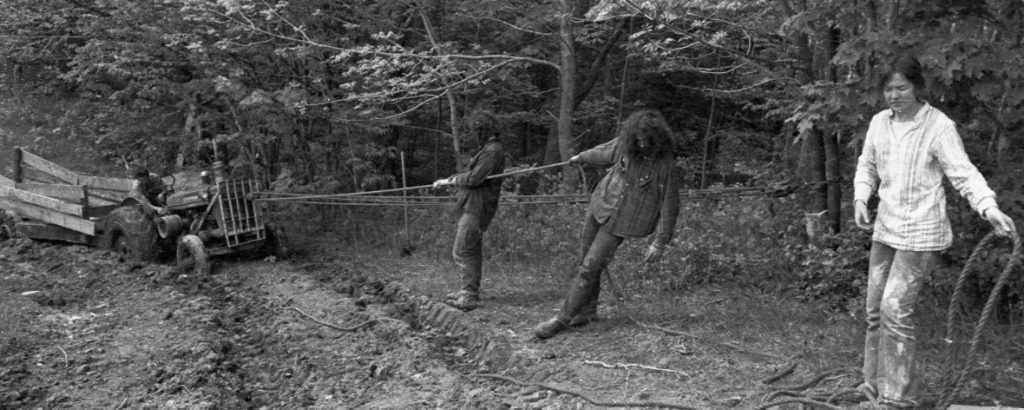
Commune members pull a tractor from the mud at French Hill Commune, St. Albans.
In a neighborly way that’s both commonplace and legendary in these parts, Chad hooked my car to his truck with a chain and began to pull. His engine revved as he applied more and more gas; that was, until a link on his chain gave way and broke. I thanked him for trying, both of us a little dejected, and he motored off just as the flatbed wrecker arrived.
Side note: A week or two later, I bought Chad an adjustable replacement chain link with a load capacity of well over 1,000 pounds. I put it in my work bag, in case I ran into him, so I could give it to him as thanks. Never did run into him, but I did carry that heavy carabiner for about three years before giving up. It was kind of heavy.
The tow truck driver was from neighboring Cummington, and as far as I could tell, he was sent directly by central casting: a humorless farmer-type with a long scraggly beard. It was the wee hours, and my situation likely woke him, so I took the admonshing-country-judge look on his face in stride.
As he was doing his tow truck driver thing with a winch, the state trooper arrived.
A large and fit fellow, the trooper said he drove up from Holyoke, near his barracks. Traveling at nonpolice speeds, it normally takes about 53 minutes to get there to here; he made it in about a half-hour. I complimented him on his promptness and his lead foot, while he quietly eyeballed me for signs of impairment and noting only the brand of dullness that comes with being mud-stuck. That loosened him up and probably saved me from an unnecessary cuffing.
By this time, Grumpy the tow driver had pulled my Soul out from the muck onto solid ground, only a few feet away from where I’d stopped dead. He took my debit card, plugged it into his phone and rang me up for about $140. He left. The trooper left. And I left, too, still stinging from the embarrassment and the waste of money.
Thankfully, getting stuck in the mud is a one-time burn. I learned my lesson.
To that end, I purchased an all-wheel drive Subaru, with six cylinders instead of the Kia’s alleged four. More power. And I now use snow tires, which are better for mud.
These days, coping with Berkshire and Green Mountain roads is a soft-serve cake walk for me.
And, Chad, if you’re out there and reading this, thank you again for the near-rescue. I still have that badass chain link if you want it.
Noah Hoffenberg is a word-peddling mountain biker who spends all his time in the hills of Western Massachusetts, grousing among the porcupine and woodchucks.
